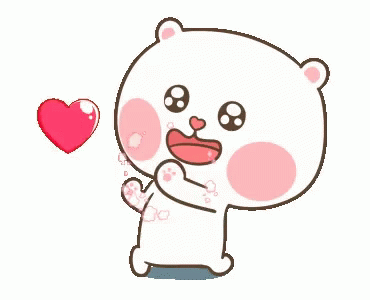Disguised
Community Member
- MBTI
- INFJ
The new age has born into the creation of an ego that is only self representant. It only improves itself. People measure themselves by their ego. Thus it improves itself by the loss of others. We have acquaintances and that’s basically all there is to it. Just people. Love is a long forgotten method of raising someone up, not putting it down. People put others down just so that they could feel more powerful about themselves.
Ego is something that is very necessary for survival at our time, where money, influence, power, connectivity and traits are the things that are of worth. Not our own opinions or the opinions of others, but the power that makes people follow us. It might be about the means to seem powerful, influential or wealthy but all those things are plainly imaginary to our sense of selves but important to our ego's. How can we raise our voices? By influencing. It’s a great way of changing minds, but do we really appreciate our own lives when we try to change people by judging actions and thoughts? Maybe. One of the best ways to learn I think is by mistake, a wise man might learn from others’ mistake, but no one’s memory is superhuman, it is flaud. People still think the earth is flat even though there is enough proof it surely isn’t. All the people who think they’re right and leave no room for objectivity leave no room for change, because that’s their ego that will make them survive in their habitats. People will never learn what makes them whole if they question it all on the basis of what people told them to be. Be all you can be, not what you should be.
Nothing is more important than the love for another. People who don’t know how to trust might never be able to love. Trust and love are tied to each other, no matter what you say or what you do, people who love will understand and forgive. The trust in yourself to be whatever you can be is the force that will keep you alive, if you trust in it. Others might not but you should, above anything else. You will notice the people who don’t rely on themselves eventually, they are the people who cling on the factors that empower the ego. You will need a lot of experience to do this. But there is no room for fear in this area of the world. People who fear will fight it with anger. They don’t move forward, they fight for what they have by all means necessary. It is because they have never learned the means of war. Sometimes you lose and sometimes you win, the key is to win the war. If you put yourself on a mission, you will always be at war. If you know how to fight what is best for the outcome, it is something you must stand for. Love is the thing you need, and love is the way you can build trust. Without it, there’s nothing, only competition. For those people you are never enough, only someone they can walk on.
Ego is something that is very necessary for survival at our time, where money, influence, power, connectivity and traits are the things that are of worth. Not our own opinions or the opinions of others, but the power that makes people follow us. It might be about the means to seem powerful, influential or wealthy but all those things are plainly imaginary to our sense of selves but important to our ego's. How can we raise our voices? By influencing. It’s a great way of changing minds, but do we really appreciate our own lives when we try to change people by judging actions and thoughts? Maybe. One of the best ways to learn I think is by mistake, a wise man might learn from others’ mistake, but no one’s memory is superhuman, it is flaud. People still think the earth is flat even though there is enough proof it surely isn’t. All the people who think they’re right and leave no room for objectivity leave no room for change, because that’s their ego that will make them survive in their habitats. People will never learn what makes them whole if they question it all on the basis of what people told them to be. Be all you can be, not what you should be.
Nothing is more important than the love for another. People who don’t know how to trust might never be able to love. Trust and love are tied to each other, no matter what you say or what you do, people who love will understand and forgive. The trust in yourself to be whatever you can be is the force that will keep you alive, if you trust in it. Others might not but you should, above anything else. You will notice the people who don’t rely on themselves eventually, they are the people who cling on the factors that empower the ego. You will need a lot of experience to do this. But there is no room for fear in this area of the world. People who fear will fight it with anger. They don’t move forward, they fight for what they have by all means necessary. It is because they have never learned the means of war. Sometimes you lose and sometimes you win, the key is to win the war. If you put yourself on a mission, you will always be at war. If you know how to fight what is best for the outcome, it is something you must stand for. Love is the thing you need, and love is the way you can build trust. Without it, there’s nothing, only competition. For those people you are never enough, only someone they can walk on.

